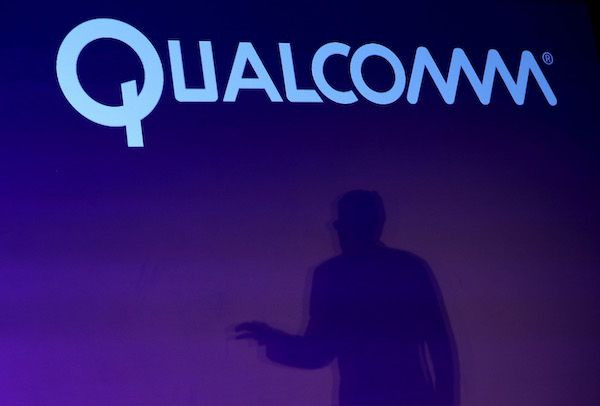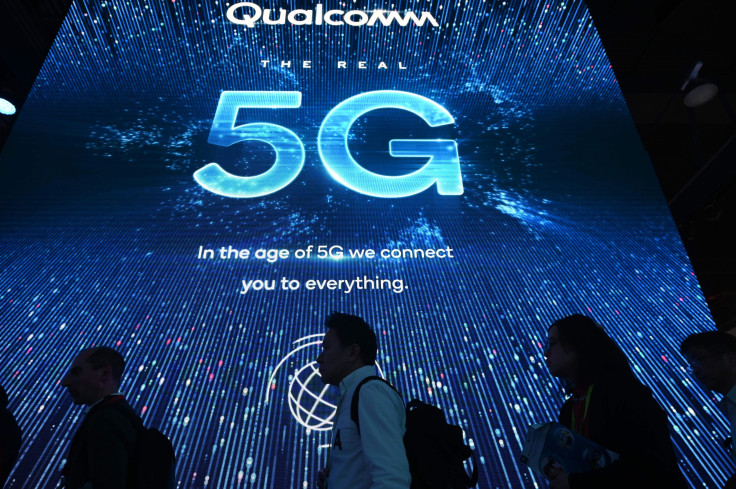Qualcomm Violated US Antitrust Laws: What Does This Mean?

Qualcomm Inc., the world’s largest maker of smartphone modem chips, was found by a federal judge on Tuesday to have violated U.S. antitrust laws by charging exorbitant fees to firms that license and use its technology.
District Court Judge Lucy Koh of the Northern District of California said Qualcomm's licensing practices are illegal in her ruling on a case brought by the U.S. Federal Trade Commission (FTC). The European Union, China and South Korea had previously ruled that Qualcomm violated their antitrust laws.
"Qualcomm's licensing practices have strangled competition ... for years, and harmed rivals, (equipment manufacturers) and end consumers in the process," wrote Koh in the findings of fact. She found Qualcomm’s business practices are an "unreasonable restraint of trade" under U.S. antitrust law.
Koh also said Qualcomm shouldn’t receive a percentage of sales for each phone a company sells. Instead, Qualcomm should receive a much smaller amount based on what Qualcomm technology exists inside the phone.
The ruling will limit Qualcomm fees based on the $15 to $20 cost of the modem chips itself, rather than the entire cost of the phone.
"It is generally required that royalties be based not on the entire product, but instead on the smallest saleable ... unit," wrote Koh.
Koh’s ruling that Qualcomm unlawfully suppressed competition in the smartphone chip market while using its dominant position to levy excessive licensing fees sent Qualcomm’s shares plunging 13 percent in premarket trade. Qualcomm’s stock closed Wednesday down 10.9 percent at $69.31.
The FTC lawsuit filed in 2017 accused Qualcomm of using “anticompetitive” tactics to maintain its monopoly on a key semiconductor used in smartphones. The FTC also alleged that Qualcomm helped boost smartphone prices by overcharging customers and unfairly blocking competitors from the modem chip market.
In her judgment, Koh ordered Qualcomm to negotiate or renegotiate its modem chip licensing terms with its customers. She also banned Qualcomm from entering into exclusivity contracts that prevent customers from buying modem chips from other companies. Koh further required Qualcomm submit to monitoring by the FTC for the next seven years.
Koh also upheld her previous ruling saying Qualcomm must license its patents to competitors under fair and reasonable terms, something Qualcomm has fought against vehemently in the past.
Analysts noted the decision is a massive blow to Qualcomm’s current business model that derives most of its profits from the royalty and licensing fees Koh said are illegal. Koh’s ruling eliminates the leverage Qualcomm continuously exploited for years to wring more money from equipment manufacturers such as Apple.
Qualcomm currently makes most of its revenues off the sale of smartphone chips. It largest profit maker, however, are its licensing patents covering all 3G, 4G and 5G technologies.
Qualcomm charges fees to companies that decide to use its vast patent portfolio. In 2017, Apple sued Qualcomm for holding its chip supply hostage to inflate its patent royalty rates before it settled all on-going litigation earlier this year. Qualcomm modems allow smartphones to connect to cell phone towers.
"The conversation has to be what percentage of that chip price is justified," said Florian Mueller, an intellectual property expert who studies patent litigation. "What the ruling makes clear is that what they have charged is outrageous."

Qualcomm said it will appeal Koh’s decision.
"We strongly disagree with the judge's conclusions, her interpretation of the facts and her application of the law," said Don Rosenberg, Qualcomm’s general counsel.
© Copyright IBTimes 2024. All rights reserved.





















